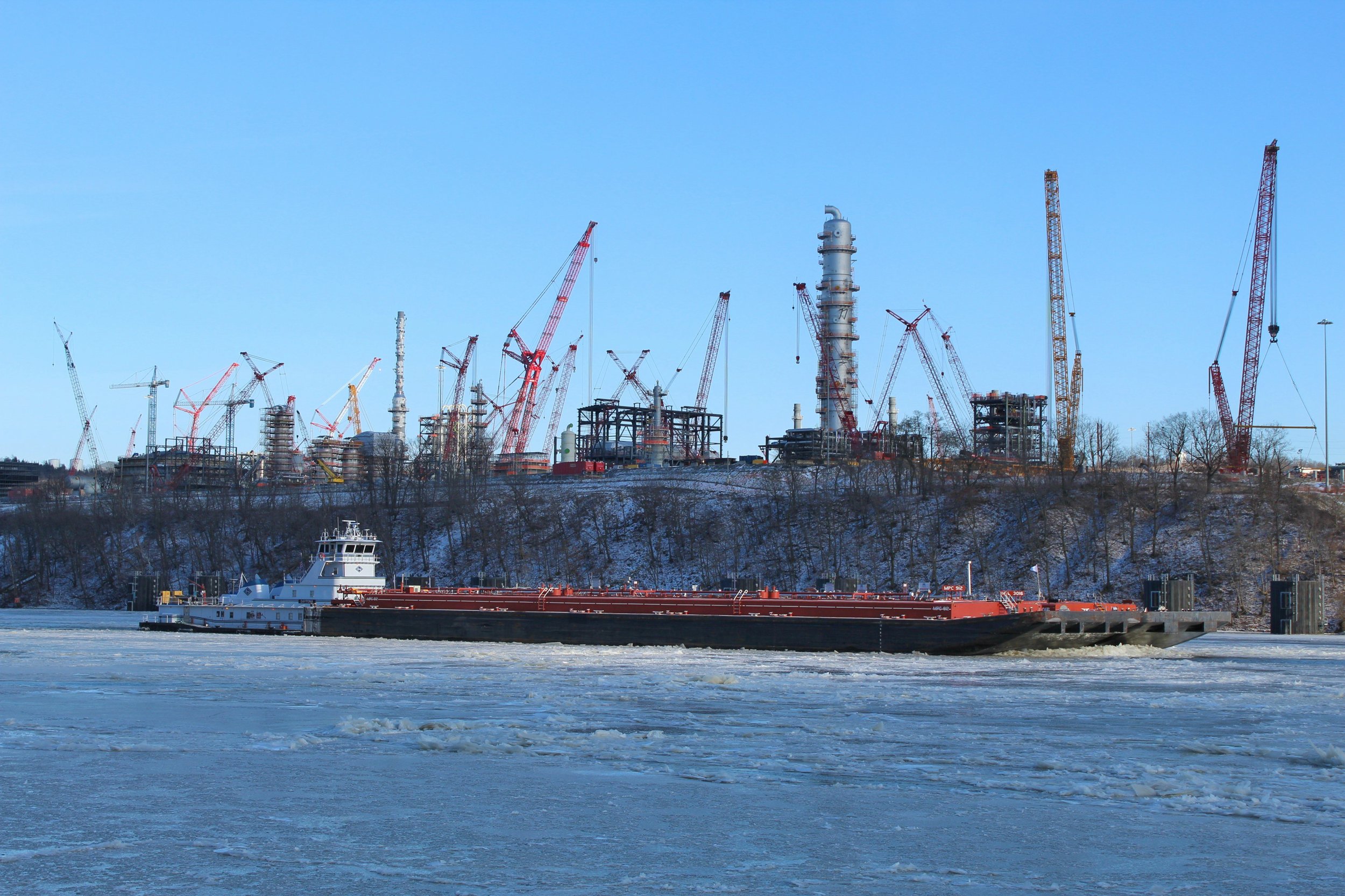
Scot MacTaggart
Air Quality
Ask most anyone who lives in Pittsburgh, and they’ll tell you that they love this city. It’s lovable.
We have a lot of great things going for us. Pittsburgh is fairly affordable, has a rich history, the people are great neighbors, and interesting things are going on all the time. It’s pretty great. Continuous improvement is part of my nature though, so I want to talk about our local air quality.
If you don’t know me, I’m an innovation nerd. I used to have a podcast called “Pitchwerks”, talking about the difficulties startups and other inventors have in explaining their new ideas. People are busy. They don’t really hear everything you try to tell them. They try to figure out what you’re saying after just a few seconds, and start thinking up a response once they feel they know how your sentence ends.
Five years ago, I ended the podcast. I went out with a great final guest, a great gentleman who just happened to be the city’s mayor at that time. I was really surprised that Bill Peduto would agree to do my niche little show, and even more surprised because I had told him the premise for that episode.
I wanted to ask him why he was doing his own social media, taking drive-by cheap shots from randos on the internet.
He was great, answering all my questions. (His answer to the main topic was that he really thinks that politicians should be available and accountable to the public.) When we hit a short lull in the conversation, Mr. Peduto pivoted to a different topic. As it turned out, he had brought his own idea of what that episode might be about. He wanted to discuss his feelings on the 7 or so new petrochemical plants that were planned to be built in Southwestern Pennsylvania, and what impact they would have on the air that Pittsburghers breathe every day.
It’s important to note that these plants weren’t planned to be built in Pittsburgh. Most weren’t even planned to be built in the same county as Pittsburgh. Nonetheless, our honorable mayor had correctly identified these developments as a Pittsburgh problem, even if he had no jurisdiction over them.
I’m not sure why it’s so difficult for us to think about the earth and the atmosphere as being shared resources, but apparently we’re still not great at it. Sitting in that basement studio at the former Work Hard Pittsburgh on Warrington Avenue in Allentown, Bill Peduto and I had the exact same amount of power over something that was going to put our health at risk.
In case you’re not already familiar, petrochemical facilities are known to release harmful pollutants into the air (and water) around them, and the areas where such plants are clustered close together end up being referred to with terms like “cancer alleys”, “toxic corridors” and “pollution hotspots”.
Key air pollutants from these facilities include volatile organic compounds (VOCs) and airborne particulate matter. Both are known to exacerbate respiratory conditions such as asthma and chronic obstructive pulmonary disease (COPD). Longer-term exposure brings about even more severe health issues, including cardiovascular disease and increased cancer risk. It’s just plain bad to breathe these things in. And Pittsburgh already had a problem with low air quality before these plants were even discussed.
Five years later, I still think about Mayor Bill Peduto's visit to my studio. It’s hard to argue against his position - there’s a critical need for Pittsburghers to be educated on what’s happening and to advocate for themselves at the state and national level.
To prove the point, the Shell cracker plant in Monaca ran up $10 million in fines for air pollution in May of 2023, running past its yearly limit of pollution twice as fast as expected. Residential neighborhoods and local schools were immersed in VOCs and particulate matter. Sure, some people got jobs at the plant, but some people moved away from the smells and the pollution.
I don’t pretend to know how all the residents of Beaver County feel about the cracker plant, but I remember that we were all told the plant would be safe and modern and beneficial, and now the people that live in its vicinity find that they have very little control over how their giant corporate neighbor conducts itself. Deals like the one that brought that plant to Beaver County are made at high levels, with a lot of power standing behind them.
To affect change, larger, equally influential powers like government of the City of Pittsburgh will need to stand up and say that the reality of these plants is that they are affecting our residents and well-being. We need more of a say in what’s going on.
The first attempt probably will fall on deaf ears. The second will get us nothing but groans from politicians who want to defend the deal they made. But if we raise this critical issue often enough, and loudly enough, we could avoid generations of health problems throughout our corner of the Commonwealth.